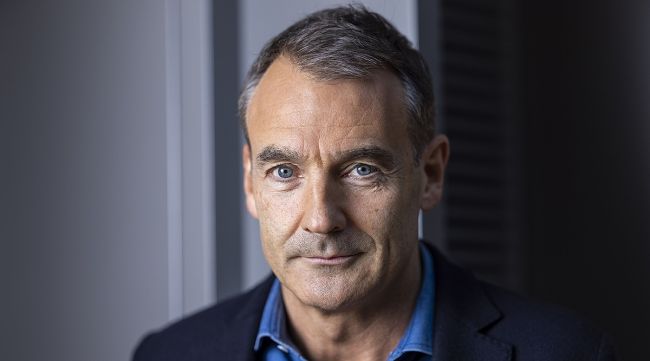BP Plc CEO Bernard Looney has resigned over the failure to fully disclose past relationships with colleagues.
The surprise development leaves the oil and gas giant leaderless at a crucial juncture, when it is trying to persuade investors to stick with it through a costly transition to low-carbon energy. It’s also another example of how the push for higher standards of personal behavior in the workplace, stemming from the Me Too movement, has reached the very top of the corporate world.
Looney, 53, will be replaced on a interim basis by Chief Financial Officer Murray Auchincloss, the company said in an emailed statement on Sept. 12. BP didn’t name any potential successors, but has typically chosen CEOs from among the ranks of its own top executives.
BP said that its board reviewed allegations relating to Looney’s past personal relationships with colleagues in 2022, finding no breaches of the company’s code of conduct, according to the statement. Further allegations of a similar nature were received recently, after which Looney informed the company that he hadn’t been fully transparent with the previous investigation, the company said.
“He did not provide details of all relationships and accepts he was obligated to make more complete disclosure,” according to the statement. “The company has strong values and the board expects everyone at the company to behave in accordance with those values.”

Transport Topics’ Seth Clevenger, Michael Freeze and Mike Senatore dissect the new Top 100 list of the largest private carriers, including how fleets are adapting to this softened market. Tune in above or by going to RoadSigns.ttnews.com.
BP American depositary receipts initially rose on the news, which was first reported by the Financial Times, but were 1% lower as of 3:52 p.m. in New York.
Since taking the top job over three years ago, Looney has been the strongest advocate among the CEOs of the oil supermajors for a faster shift into low-carbon energy. Even after pulling back on some of the most ambitious aspirations for emissions reductions earlier this year, BP still has one of the more aggressive plans to cut oil production and expand in electric-car charging and renewable energy.
BP acquired TravelCenters of America for $1.3 billion in February.
The news comes a month after the London-based company raised its dividend by 10% and said it would buy back another $1.5 billion of shares. Despite these efforts to woo investors, BP shares have lagged its peers since Looney became CEO.
U.S. giants Exxon Mobil Corp. and Chevron Corp., which have stuck far more closely to their core oil and gas businesses than the European majors, have been far more appealing to investors, especially since Russia’s invasion of Ukraine sent energy prices soaring.
Born in 1970 and trained as an electrical engineer at University College Dublin, Looney is a BP lifer, working his way up through the chain of command from drilling engineer to chief of exploration before his elevation to CEO in 2020.
His departure brings an end to the dominance within BP of a group of executives known as the “turtles.” These were assistants of former CEO John Browne, who wrote in his memoir of how they were named after the Teenage Mutant Ninja Turtles because of “their speed and ability to appear whenever they were needed.” Looney’s two predecessors in the top job, Tony Hayward and Bob Dudley, were both drawn from this group.






